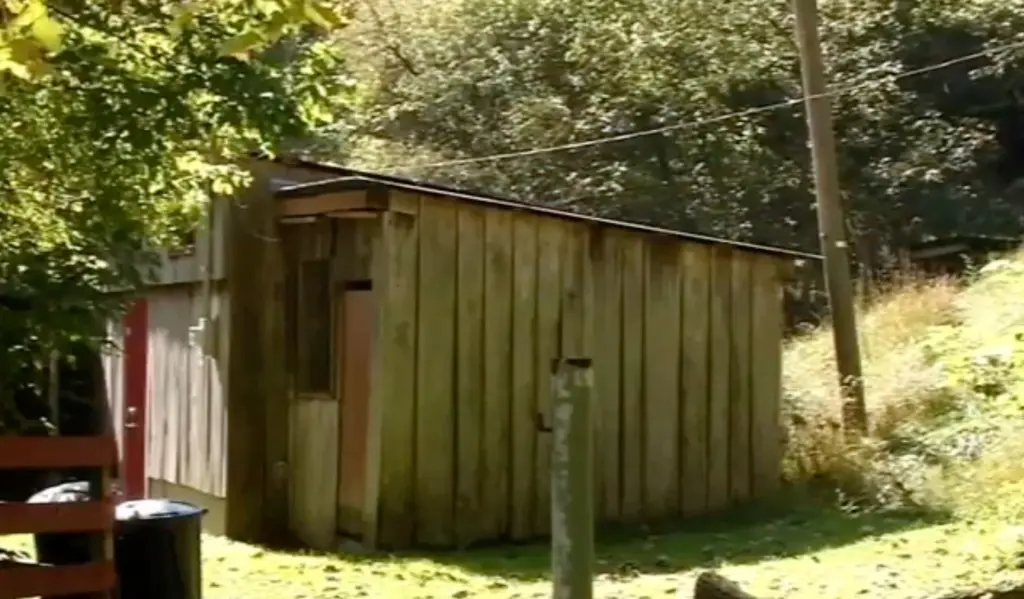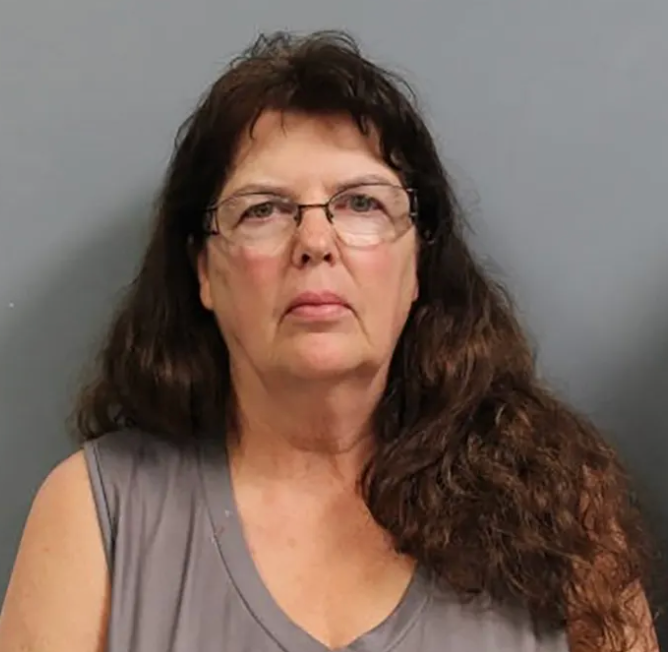White parents accused of locking their Black, adopted children in a shed and forcing them to do labor are back in jail after a judge raised their bond in light of new charges.
Donald Lantz and Jeanne Whitefeather were arrested in October after police received a welfare report from their neighbor. When police arrived at the couple’s Sissonville, West Virginia home, they found two of their five adopted children locked in a 20ft by 14ft barn on their property.
The girl, 16, and 14-year-old boy were deprived of “hygienic care and food,” police said at the time. Officers also found a third child, nine, inside an unprotected loft area of the main house.

The couple pleaded not guilty to child neglect charges last October. Kanawha County Circuit Judge Maryclaire Akers handed each a $200,000 bond, which they both posted in February.
Last month, a grand jury indicted the couple on 16 new counts, local outlet WCHS reported. Akers raised their bond to $500,000 each as a result, puttin both Lantz and Whitefeather back behind bars.
“Along with human trafficking and neglect with serious risk of bodily injuries or death, I don’t find the bond to be sufficient,” the just said at a recent hearing, the Atlanta Black Star reports.
The new charges include human trafficking of a minor; civil rights violations based on color, race and/or ancestry; use of a minor child in forced labor; and child neglect creating a substantial risk of serious bodily injury or death.

The couple sought out five Black children to adopt and forced them to do labor because of their race, prosecutors have said. This abuse began in a Washington home before continuing at the West Virginia residence where police found the children, according to prosecutors.
The couple pleaded not guilty to the new charges.
Whitefeather has since claimed that the children were using the barn as a “teenage clubhouse” and were not being held against their will. But according to the indictment, neighbors told investigators: “The children were forced to perform farm labor and were not permitted inside the residence.”
Earlier this month, prosecutor Christopher Krivonyak also argued that the cash used for the couple’s initial bonds may have been illegally obtained, according to WCHS.

Krivonyak says the couple sold their residence in Tonasket, Washington for $725,000, and three days later Whitefeather’s brother posted the $400,000 total bond, WCHS reports. Krivonyak says this means the bond money may have come from the profits of selling a home in which they abused their children.
Whitefeather’s defense attorney Mark Plants has denied this.
“The state’s position is that these assets were used to maintain and harbor minors in violation of the human trafficking statute,” Plants said at a hearing this month, according to WCHS. “Our position is that’s not true, and we look forward to court in which we can prove otherwise.”
The cash is now under a protective order until the matter is decided. The couple is scheduled to appear in court again on September 9.








